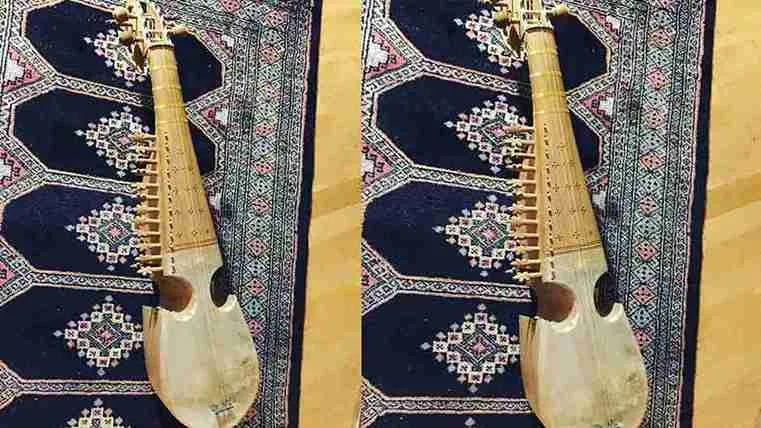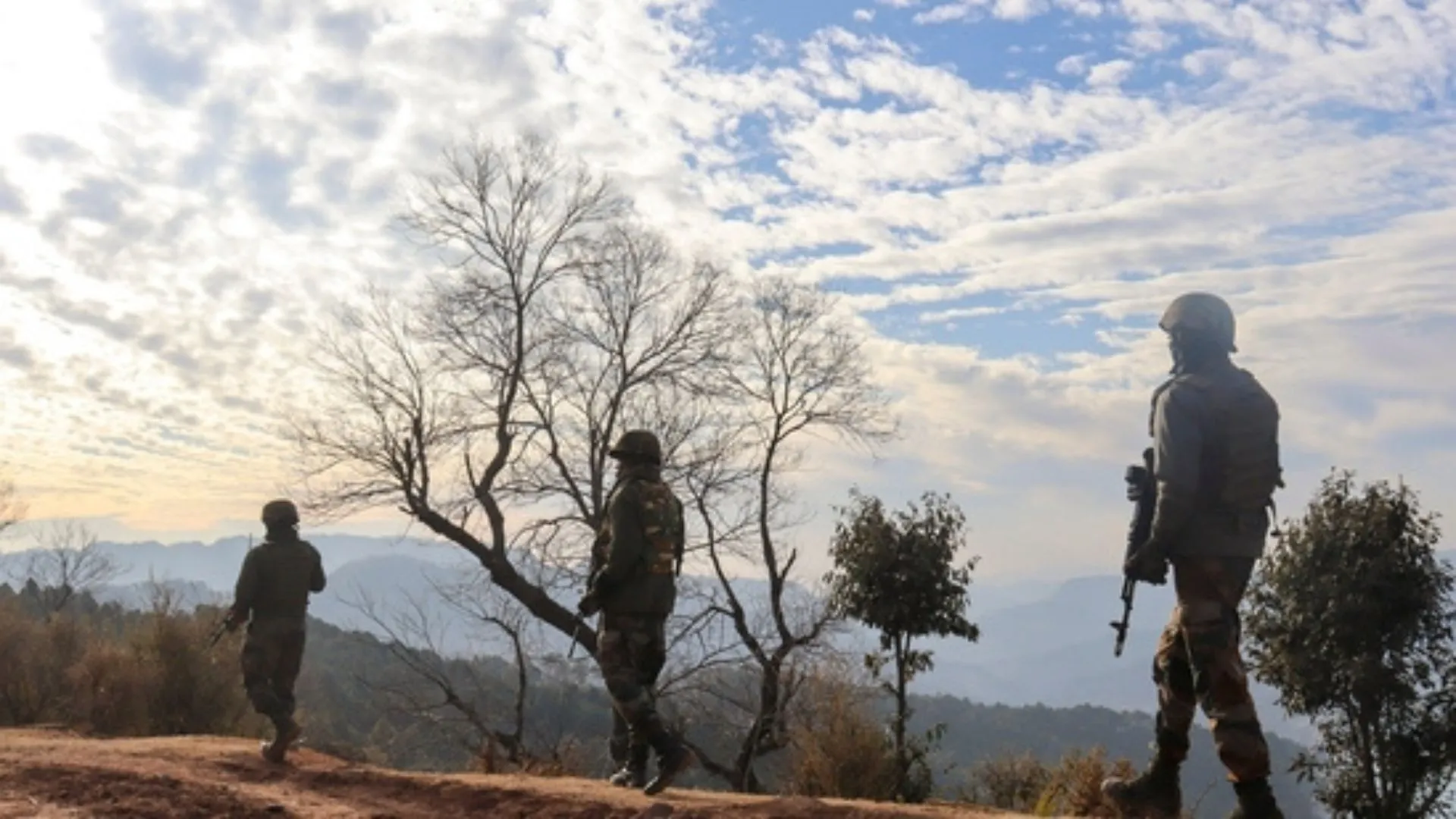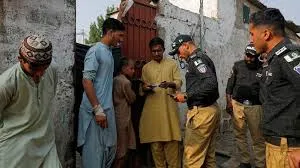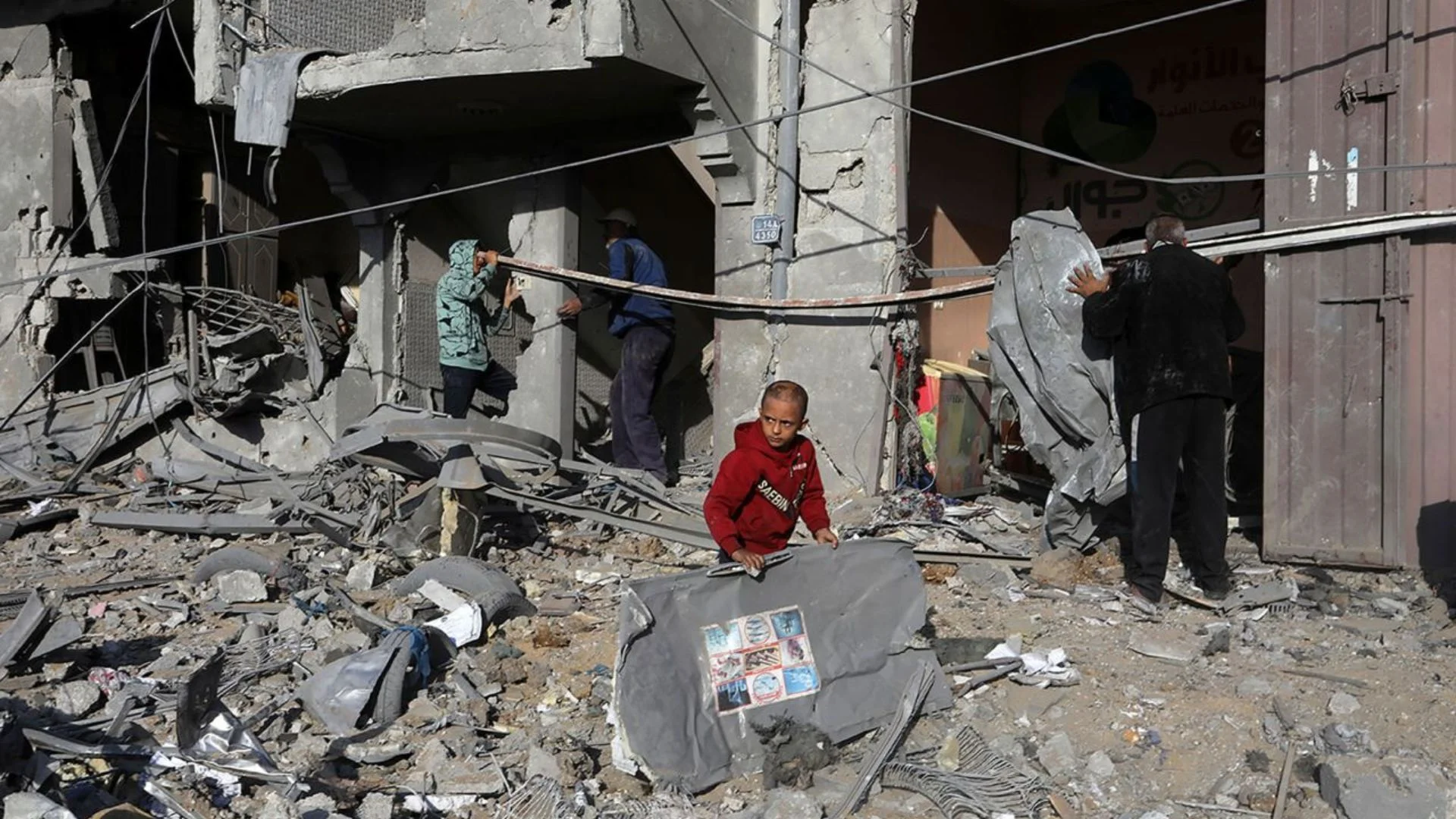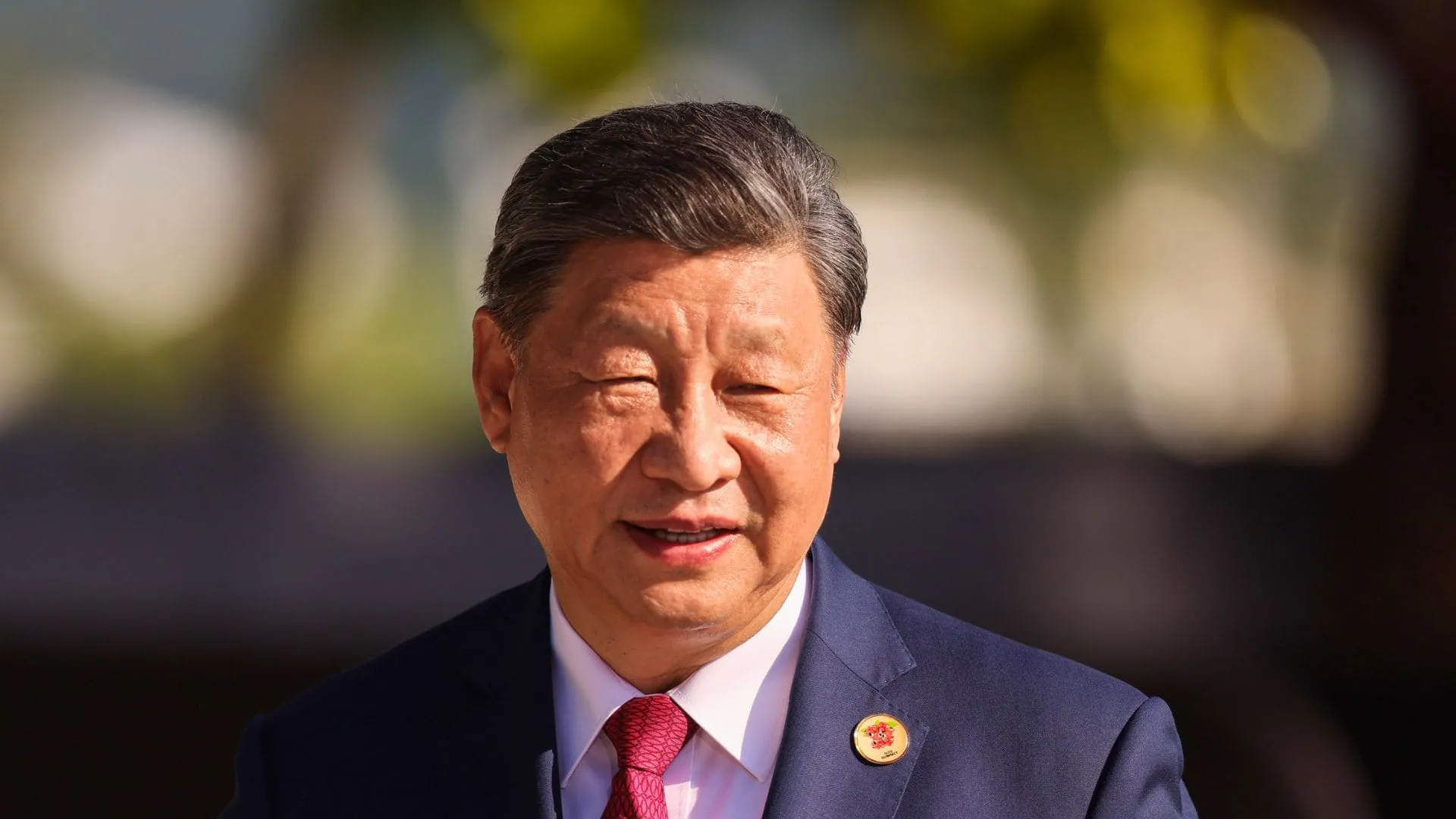In the heart of Herat, Afghanistan, amidst the clattering of tools and the scent of freshly cut wood, one man remains steadfast in preserving a piece of his country’s soul. Sakhi, a craftsman in his fifties, continues to craft rubabs — the traditional Afghan musical instrument — despite the increasing suppression of music under Taliban rule. His small, cluttered workshop tells a story of resilience and commitment to cultural heritage.
Sakhi’s Defiant Craftsmanship
Sakhi’s hands work tirelessly, shaping the rubab, an instrument that holds deep cultural significance in Afghanistan. For decades, he has been creating two rubabs each month, an endeavour that has shaped his life. Though music is increasingly banned in the country, with the Taliban’s crackdown tightening its grip, Sakhi refuses to abandon his craft.
“I know only this work, and I need to make money somehow,” he shares, his voice tinged with determination. But his mission is far more profound than just earning a livelihood. For Sakhi, the rubab is not just an instrument, but a symbol of his heritage and identity. “The value of this work for me is the heritage it holds. The heritage must not be lost,” he adds.
UNESCO Recognition: Preserving a Cultural Legacy
In recognition of the importance of preserving the rubab and its cultural relevance, the United Nations Educational, Scientific, and Cultural Organization (UNESCO) officially recognised the art of crafting and playing the rubab as an intangible cultural heritage in Afghanistan, Iran, Tajikistan, and Uzbekistan in December. This acknowledgment underscores the significance of this ancient musical tradition that has shaped the region’s cultural landscape for centuries.
Despite the Taliban’s efforts to erase elements of Afghan culture, including music, the recognition by UNESCO provides a beacon of hope. Sakhi’s quiet yet powerful resistance symbolises a larger movement to protect cultural legacies amid political unrest.
A Struggle to Keep Culture Alive
Sakhi’s determination to continue crafting rubabs highlights a larger struggle in Afghanistan, where artistic expression and cultural practices are under siege. His work, however, stands as a testament to the resilience of Afghan culture, even in the face of adversity.
While the future of music in Afghanistan remains uncertain, the craftsmen like Sakhi who continue to make rubabs are the unsung heroes of this cultural preservation. Through their hands, the rich history of Afghan music and artistry continues to live on, quietly defying forces that seek to extinguish it.
The rubab, a symbol of Afghanistan’s musical soul, remains alive in the workshops of dedicated artisans like Sakhi, proving that heritage cannot be easily erased.

